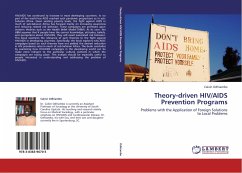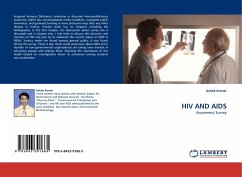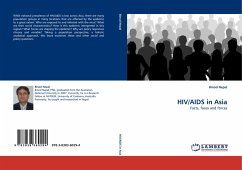HIV/AIDS has continued to increase in most developing countries. In no part of the world has AIDS reached such pandemic proportions as in sub-Saharan Africa. Given existing poverty levels, the fight against AIDS in much of sub-Saharan Africa has focused mainly on increasing awareness and reducing related risk behavior. These campaigns are premised upon western theories such as the Health Belief Model (HBM). At its core, the HBM assumes that if people have the correct knowledge, attitudes, beliefs, and perceptions about HIV/AIDS, they will avoid associated risk behavior. This book examines the relevance of such theories to the fight against HIV/AIDS in developing countries. Specifically, the book explores why AIDS campaigns based on such theories have not yielded the desired reduction in HIV prevalence rates in much of sub-Saharan Africa. The book concludes by examining how HIV/AIDS campaigns in the developing world can be made more relevant to the particular cultural contexts in which the campaigns are taking place. This analysis should be especially useful to people interested in understanding and addressing the problem of HIV/AIDS.
Bitte wählen Sie Ihr Anliegen aus.
Rechnungen
Retourenschein anfordern
Bestellstatus
Storno








